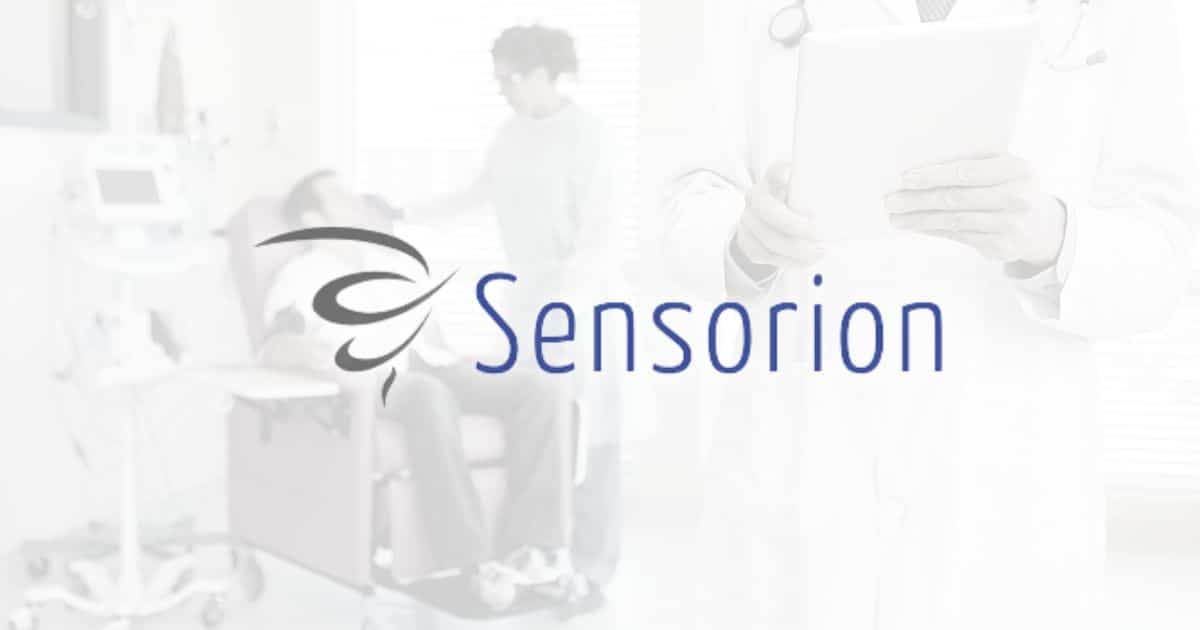MONTPELLIER, FRANCE — French clinical-stage biotechnology company Sensorion has announced positive preliminary safety results from its phase 2a clinical trial evaluating SENS-401 for the prevention of cisplatin-induced ototoxicity (CIO).
Cisplatin is a widely used chemotherapy agent effective against various cancers, but it frequently causes permanent and irreversible hearing loss, impacting over 60% of treated cancer patients.
Preventing Cisplatin-Induced Hearing Loss
Sensorion’s phase 2a NOTOXIS trial aims to establish clinical proof-of-concept for SENS-401 as an oral therapy to prevent cisplatin-induced hearing damage. Patients enrolled in the trial’s active arm receive 43.5mg of SENS-401 twice per day, initiated one week before chemotherapy and continuing throughout their full cisplatin treatment regimens, which exceed 210mg/m2 over multiple cycles.
The company reported that over one-third of the targeted NOTOXIS study population has been recruited so far across 11 active clinical sites. Preliminary safety data shows SENS-401 was well tolerated when administered continuously for up to 11 weeks. This safety profile is consistent with prior clinical evaluations of the investigational therapy.
In addition to monitoring safety, the NOTOXIS trial is assessing multiple efficacy outcome measures related to hearing loss incidence and severity. The company aims to establish clinical proof-of-concept for SENS-401, positioning it as a globally needed therapeutic option for preventing chemotherapy hearing loss.
Beyond cisplatin-induced hearing loss, Sensorion is evaluating SENS-401 in another phase 2a trial focused on preventing residual hearing loss following cochlear implantation surgery. The company anticipates completing recruitment of this second trial in early 2024.
Both CIO and hearing preservation after cochlear implantation have been recognized as areas of major unmet medical need.
“These are encouraging preliminary safety results and build on the data we have seen to date for SENS-401, our small molecule therapy that could prevent hearing loss induced by cisplatin.”
–Sensorion Chief Medical Officer, Dr. Géraldine Honnet
Sensorion will share further updates on its cisplatin- and surgery-induced hearing loss programs during the World Congress of Audiology conference, to be held in Paris, France in September 2024.
The company’s therapeutic focus stems from its internally developed preclinical and clinical-stage pipeline, leveraging proprietary technology to expand understanding of inner ear disease processes. Beyond SENS-401, Sensorion has two gene therapy programs targeting genetic forms of deafness, as well as plans to expand its portfolio addressing various hearing loss segments.
**Readers interested to learn more about Sensorion’s work can check out this September 2023 interview with company CEO Nawal Ouzren
About SENS-401
SENS-401 (Arazasetron), Sensorion’s clinical stage lead drug candidate, is an orally available small molecule that aims to protect and preserve inner ear tissue from damage responsible of progressive or sequelae hearing impairment. Sensorion currently develops SENS-401 in a Phase 2a for the prevention of residual hearing loss in patients scheduled for cochlear implantation. In addition, Sensorion expects to evaluate SENS-401 in a Phase 2 clinical trial for the prevention of Cisplatin-Induced Ototoxicity. SENS-401 has been granted Orphan Drug Designation by the EMA in Europe for the treatment of sudden sensorineural hearing loss, and by the FDA in the U.S. for the prevention of platinum-induced ototoxicity in pediatric population.
About Sensorion
Sensorion is a pioneering clinical-stage biotech company, which specializes in the development of novel therapies to restore, treat and prevent hearing loss disorders, a significant global unmet medical need. Sensorion has built a unique R&D technology platform to expand its understanding of the pathophysiology and etiology of inner ear related diseases, enabling it to select the best targets and mechanisms of action for drug candidates.
It has two gene therapy programs aimed at correcting hereditary monogenic forms of deafness, developed in the framework of its broad strategic collaboration focused on the genetics of hearing with the Institut Pasteur. OTOF-GT targets deafness caused by mutations of the gene encoding for otoferlin and GJB2-GT targets hearing loss related to mutations in GJB2 gene to potentially address important hearing loss segments in adults and children. The Company is also working on the identification of biomarkers to improve diagnosis of these underserved illnesses.
Sensorion’s portfolio also comprises clinical-stage small molecule programs for the treatment and prevention of hearing loss disorders.
Sensorion’s clinical-stage portfolio includes one Phase 2 product: SENS-401 (Arazasetron) progressing in a planned Phase 2 proof of concept clinical study of SENS-401 in Cisplatin-Induced Ototoxicity (CIO) and, with partner Cochlear Limited, in a study of SENS-401 in patients scheduled for cochlear implantation. A Phase 2 study of SENS-401 was also completed in Sudden Sensorineural Hearing Loss (SSNHL) in January 2022.
Source: Sensorion






